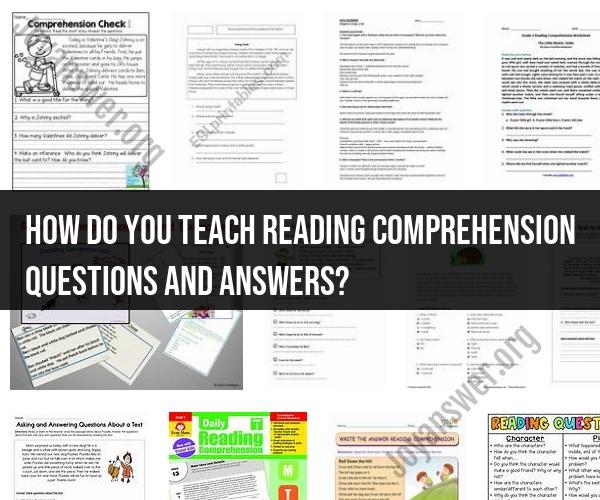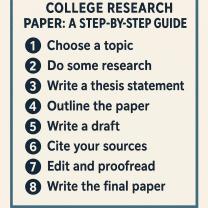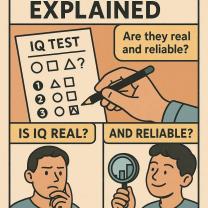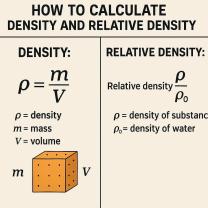How do you teach reading comprehension questions and answers?
Teaching reading comprehension questions and answers is an essential part of helping students develop strong reading skills. Reading comprehension involves understanding and interpreting text, and asking and answering questions is a valuable strategy to assess and enhance comprehension. Here are steps and strategies to teach reading comprehension questions and answers effectively:
Select Appropriate Texts:
- Choose texts that are appropriate for the students' age, reading level, and interests. Ensure the text is engaging and aligned with the instructional goals.
Pre-Reading Activities:
- Before reading, introduce the text and activate students' prior knowledge about the topic. Discuss relevant background information and key vocabulary to build context.
Teach Question Types:
- Introduce different types of comprehension questions, including literal, inferential, and evaluative questions. Explain the differences between them:
- Literal questions ask for facts and details explicitly stated in the text.
- Inferential questions require students to make inferences or draw conclusions based on information in the text.
- Evaluative questions encourage critical thinking and judgment about the text.
- Introduce different types of comprehension questions, including literal, inferential, and evaluative questions. Explain the differences between them:
Model the Process:
- Model how to read a passage or text and ask comprehension questions. Think aloud to show your thought process while reading and answering questions.
Practice Predicting Questions:
- Encourage students to predict the questions they might encounter before reading. This helps them focus on key information while reading.
Read Aloud and Discuss:
- Read a portion of the text aloud or have students read independently. Afterward, discuss the text and ask comprehension questions. Encourage students to refer back to the text for evidence to support their answers.
Vary Questioning Techniques:
- Use a mix of question types to challenge students' comprehension skills. Start with more straightforward, literal questions and gradually introduce inferential and evaluative questions.
Provide Feedback:
- Offer constructive feedback on students' responses. Discuss why an answer is correct or incorrect and guide students in finding evidence in the text to support their answers.
Use Graphic Organizers:
- Visual aids like graphic organizers can help students organize their thoughts and identify key details while reading. Tools like story maps or Venn diagrams can be helpful.
Peer Discussion:
- Encourage peer discussion and collaborative learning. Students can work in pairs or small groups to discuss and answer questions together, promoting peer teaching and critical thinking.
Scaffold Instruction:
- Provide support and scaffolding for struggling readers. This might include breaking longer texts into manageable chunks, offering simplified versions of complex texts, or providing additional context.
Assessment and Monitoring:
- Regularly assess students' comprehension by assigning reading comprehension questions and answers as homework or in-class assignments. Use assessments to track progress and adjust instruction as needed.
Encourage Independent Practice:
- Gradually transition to having students read independently and answer questions on their own. Foster a reading culture that encourages reading for pleasure and comprehension.
Expand Beyond the Text:
- Encourage students to relate what they've read to their own experiences, other texts, or the world around them. This helps deepen understanding and critical thinking.
Celebrate Successes:
- Celebrate students' achievements and improvements in reading comprehension. Positive reinforcement can motivate continued effort.
Teaching reading comprehension questions and answers is an ongoing process that develops students' critical thinking skills and enhances their ability to understand and engage with texts. By using a variety of strategies and providing support, you can help students become more proficient readers and thinkers.













